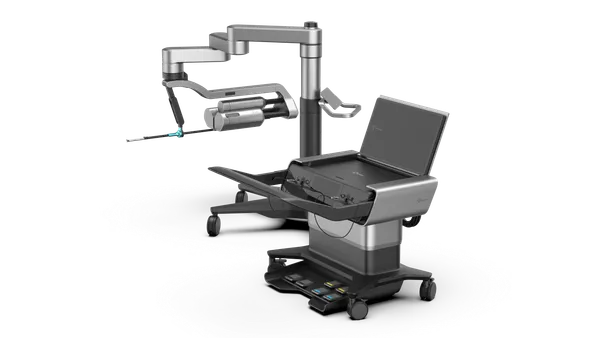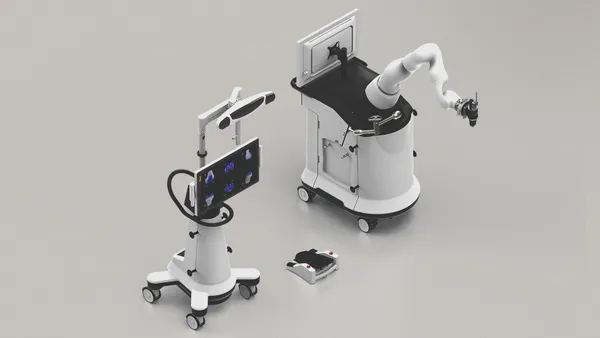Dive Brief:
-
A randomized controlled trial has linked MRI screening to improved detection of cancer in women with extremely dense breast tissue.
-
In a paper published in the New England Journal of Medicine Thursday, Dutch researchers reported data suggesting fewer cases of cancer are missed when MRI scans are performed in addition to mammograms.
-
However, MRI screening was associated with a high rate of false positives, leaving lingering questions about whether the benefits of additional imaging outweigh the negatives.
Dive Insight:
Breast cancer is harder to detect in women with extremely dense breast tissue. That fact, coupled with the increased risk of cancer in these women, has led to interest in the use of supplemental imaging to reduce the rate of false negatives. However, U.S. guidelines recommend against extra imaging.
To gather data on the topic, researchers in the Netherlands enrolled more than 40,000 women with extremely dense breast tissue and randomized one-fifth of them to receive an invite for MRI screening.
The study linked MRI screening to a reduced rate of interval cancers, a term for tumors detected in the interval between mammograms. That finding suggests MRI increases the likelihood of a tumor being detected when a women is screened and, by extension, results in more people receiving the early treatment that can be critical to survival prospects.
However, the study also generated data to support the views of those skeptical about the value of supplemental imaging. The MRI screening group featured 300 women who had biopsies on the grounds of abnormal scans. Almost three-quarters of those women did not have breast cancer.
That 74% false positive rate provides ammunition for people who contend the physical and emotional harm caused by the need to follow up on abnormal scans outweigh the benefits of detecting some cases earlier. Analyses of the tradeoff are impeded because it is unclear whether detecting tumors earlier through MRI scanning leads to improved overall survival.
Dan Longo, a professor of medicine at Harvard Medical School, summed up the ongoing uncertainty in a NEJM editorial published to accompany the research paper.
"The findings of this trial are likely to reinforce the idea that MRI screening is important in women with dense breast tissue. But will we be putting these women at increased risk of procedures without contributing to their eventual survival?" Longo wrote.











